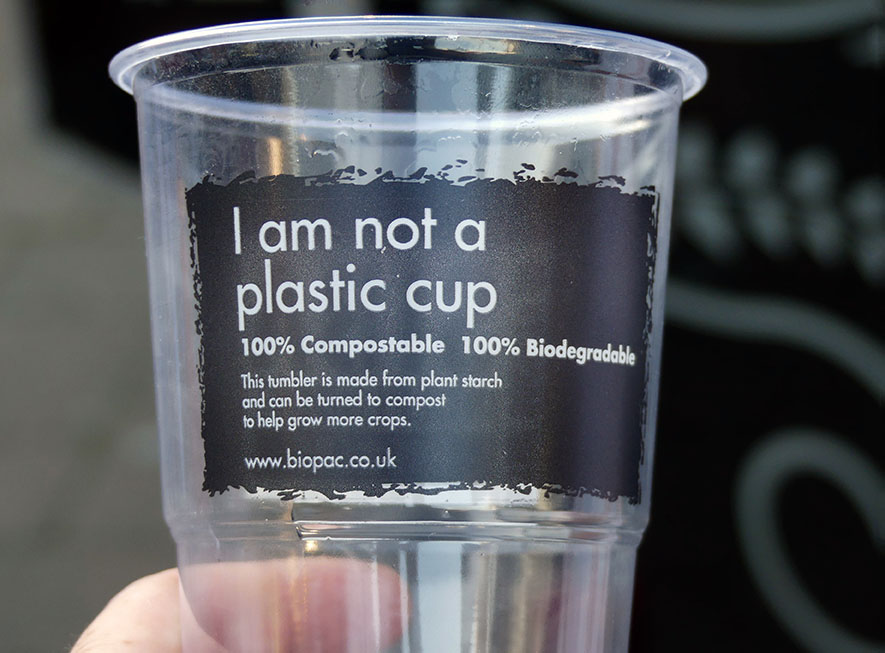
< Back
biodegrade
Definition
Biodegradable means that something can be broken down by living organisms, such as bacteria and fungi. When something biodegrades, it is broken down into smaller and smaller pieces until it is no longer recognisable.
Biodegradable materials are important because they can be used to create products that are less harmful to the environment. For example, biodegradable plastics can be used to make packaging that will break down in landfills instead of staying there for hundreds of years.
There are many different materials that can biodegrade, including food scraps, paper, and wood. Some synthetic materials, such as polyester and nylon, can also biodegrade under the right conditions.
The rate at which something biodegrades depends on a number of factors, including the type of material, the environment, and the presence of microorganisms. Some materials, such as food scraps, can biodegrade very quickly, while others, such as plastics, can take many years to biodegrade.
How can the word be used?
Biodegradable waste can be broken down by bacteria in the environment.

Different forms of the word
Noun:
biodegradation (the process of breaking down a substance by living organisms).
Adjective:
biodegradable (able to be broken down by living organisms).
Verb:
to biodegrade (to break down a substance by living organisms).
Etymology
The word "biodegrade" comes from the Greek words bios, meaning "life," and degrade, meaning "to break down." The word "biodegrade" first appeared in English in the early 20th century, and it refers to the process by which living organisms break down organic matter.
Question
What materials can biodegrade?
AQA Science Exam Question and Answer
Question:
Define the term "biodegrade" in the context of environmental science. Provide an example of a biodegradable material commonly used in everyday life.
Answer:
In the context of environmental science, "biodegrade" refers to the ability of a material to be broken down or decomposed naturally by living organisms, such as bacteria, fungi, or other microorganisms, into simpler, non-toxic substances over time.
Example of Biodegradable Material:
One example of a biodegradable material commonly used in everyday life is "paper." Paper is derived from plant-based fibers, such as wood pulp, and can be broken down by microorganisms in the environment. When discarded, paper undergoes natural decomposition processes, reducing its environmental impact compared to non-biodegradable materials that persist in the environment for extended periods.